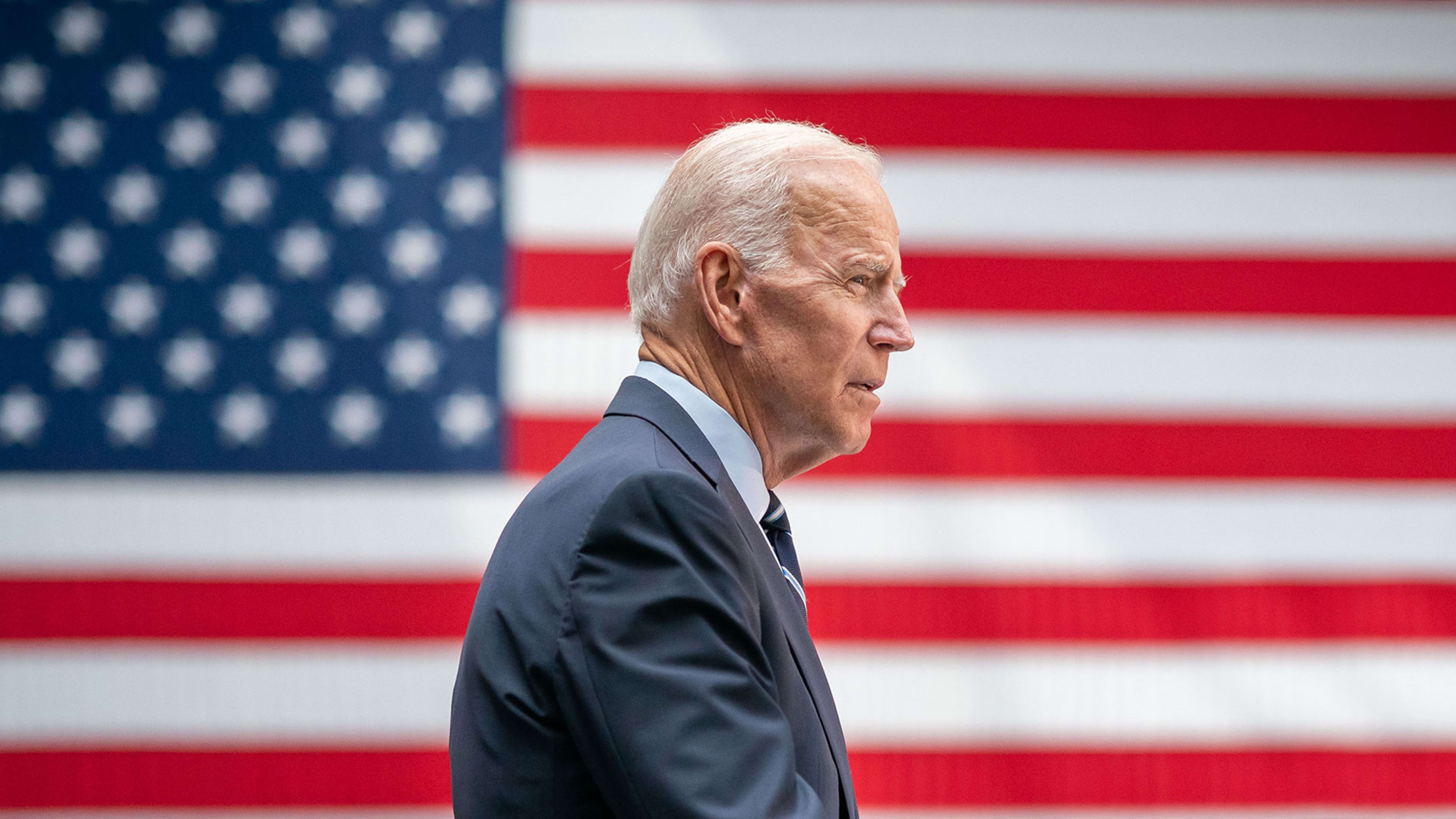This story was updated on 11/19/21.
Today, after months of negotiations, the House passed the Build Back Better bill, which, in its current version, totals about $2 trillion. The vote was 220 to 213 (Republicans unanimously voted against it).
Now the bill goes to the Senate, where it faces a steep climb. It will most likely be rewritten once again to get support from all 50 Democrats and be returned to the House.
Last month, President Joe Biden went to Capitol Hill to try to sell Congress on a newer version of his giant economic plan, before darting off to Europe for a round of summits. The White House hoped this sort of lite, just-the-hits version of the spending plan—which you might recall began at $3.5 trillion back in August, but had dwindled to $1.75 trillion—will please enough House Democrats to get it passed. “After months of tough and thoughtful negotiations, we have a framework that I believe can pass,” Biden tweeted in October.
The version of the plan that passed today keeps many of the big-ticket items intact, but compromises on others. (The New York Times has a full list of what is included.)
What the plan includes
- $495 billion worth of climate initiatives. The White House is billing this as the largest legislative investment in combating climate change in U.S. history. Tax credits are offered to Americans who install rooftop solar panels, there’s an electric vehicle tax credit, and the plan would create additional credits for clean-energy production. It would also create a civilian climate corp—all in service of putting America on track to meet the Paris Agreement goal of a 50% reduction in greenhouse gas emissions by 2030.
- Free universal pre-K for all 3- and 4-year-olds. That amounts to the biggest expansion of public education in a century, the White House says.
- Paid family leave, one of the most contested items, allows for four weeks of annual federal paid family leave for all types of workers, beginning in 2024. If this gets cut in the Senate, the United States remains one of just six countries in the world with no national paid leave.
- Expanded access to childcare, which the White House says should include up to 20 million kids per year.
- Lower premiums for the 9 million Americans who purchase insurance through the Affordable Care Act.
- Prescription drug pricing reform would allow the government to negotiate prescription drug prices covered by Medicare.
- Increased Medicaid coverage for adults living in poverty in 12 states that have not expanded Medicaid.
- Expanded enhanced child tax credit, making permanent the relief that appeared in the pandemic’s American Rescue Plan that provides over 35 million households up to $300 per month in tax cuts per child.
- An expansion of the free school meal program, to include a total of 8.7 million American children.
What the plan eliminated
- The billionaire tax everybody was talking about earlier this week, which could have raised between $250 billion and $500 billion in the next decade, half of which would have been paid by 10 extremely rich American men.
- More aggressive steps to cut emissions. Opposition from Senator Joe Manchin of West Virginia, the chamber’s Mr. Coal, effectively killed a program with more teeth that also would have rewarded electric utility providers that switched to renewable energy.
This article has been updated to report the passage of the Build Back Better Act in the House of Representatives.
Recognize your brand’s excellence by applying to this year’s Brands That Matter Awards before the early-rate deadline, May 3.
